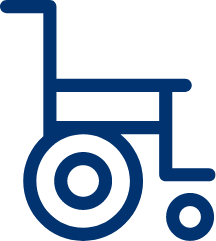Insurance Explained
Life and business are filled with risks and potential hazards. Think of insurance as the safety net that allows us to go about our lives with the confidence that, should bad things happen, we will have help dealing with the consequences and bouncing back from the loss. Whether it be driving a car, running a business, buying a house, hiring employees, and so much more, insurance serves to protect us from the risks and hazards inherent within so many aspects of life.
Insurance works because essentially it is people coming together to share the risk. Each person pays an insurance premium to be part of an insured pool. Each hopes they’ll never need to make a claim, and many won’t. But all have the comfort of knowing that, if the need arises, there will be funds and caring insurance professionals to help them recover.
Types of Insurance





The Business of People
Working in insurance means being a part of that giant safety net — making it possible for people to pursue their dreams and helping them get those dreams back on track when things go sideways.
It’s said that when disaster (or just a fender-bender) strikes, insurance professionals are often the second call people make — the “second responders,” there to help their clients chart a path to recovery.
And that caring extends beyond individual clients. As one of the most philanthropic career fields around, insurance supports our communities with charitable contributions, volunteer service, and civic leadership.

We know — it’s a lot to process.
That's why we have resources to help guide you on your path.

